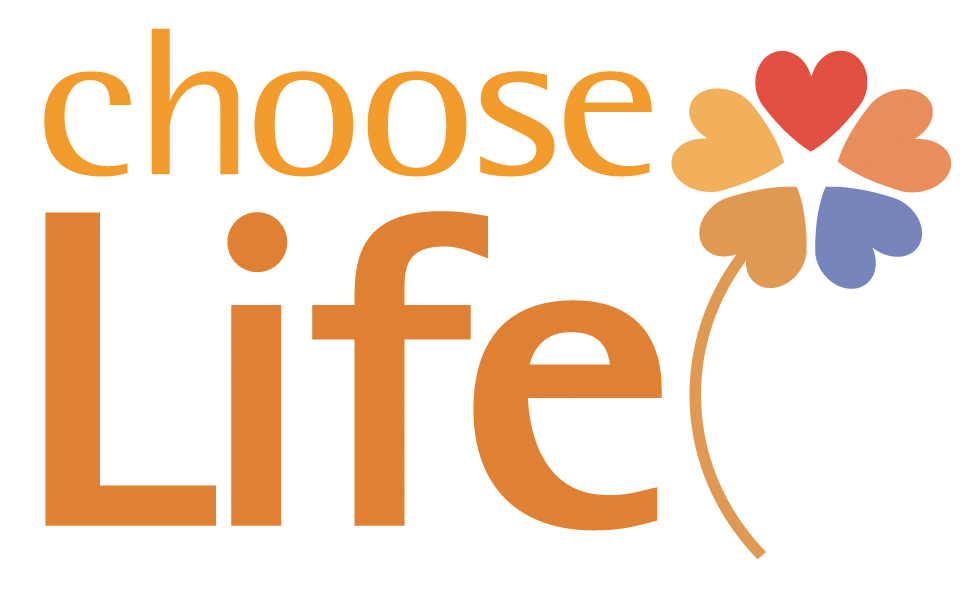Canada's Medical Assistance in Dying (MAID) law is considered one of the most permissive in the world, particularly in terms of eligibility and access. Unlike some countries, Canada allows both euthanasia and assisted suicide, and its eligibility criteria have been expanded to include individuals with mental disorders as the sole underlying condition, a practice followed by a select few European nations. Canada also has a relatively high rate of MAID compared to other countries with similar laws, and some critics argue that it lacks sufficient safeguards.
Here's a more detailed comparison:
Eligibility and Access:
Reasonably Foreseeable Death:
Canada's law previously required that death be "reasonably foreseeable," but this criterion was struck down by the Supreme Court and subsequently removed. This expansion allows for MAID for individuals with debilitating and degenerative conditions that cause them unbearable suffering, even if death is not imminent.
Mental Disorder:
Canada is moving towards allowing MAID for individuals with mental disorders as the sole underlying condition, aligning with countries like the Netherlands, Belgium, and Luxembourg.
Mature Minors:
Canada is considering expanding access to mature minors, a practice already permitted in countries like the Netherlands and Belgium.
Advance Requests:
Canadian law permits advance requests for MAID, which can be carried out if a person loses the ability to express their wishes, similar to other Benelux countries, though with some differences in the scope of those requests.
Forms of MAID:
Euthanasia and Assisted Suicide:
Canada permits both, where a practitioner administers a substance causing death or a prescription is given for self-administration.
Other Countries:
Some countries, like Switzerland and the US states that have legalized MAID, only allow assisted suicide.
Other Notable Differences:
Nurse Practitioners:
Nurse practitioners can administer MAID, unlike in some countries where it is restricted to doctors.
Family Review:
Canada's law does not allow for family review of MAID requests.
Treatment Alternatives:
Patients are not required to have exhausted all other treatment options before seeking MAID.
Safeguards:
Some critics argue that Canada's MAID laws lack sufficient safeguards, such as a lack of monthly review commissions like in Belgium and the Netherlands.
Rate of Use:
Canada has a relatively high rate of MAID compared to other countries with similar laws.
In summary, Canada's MAID law is considered one of the most permissive and accessible in the world, with a broader scope of eligibility and different approaches to delivery compared to other nations. While some argue that this expansion has led to a higher rate of use and raises concerns about safeguards, others view it as a compassionate response to the needs of individuals facing unbearable suffering.
